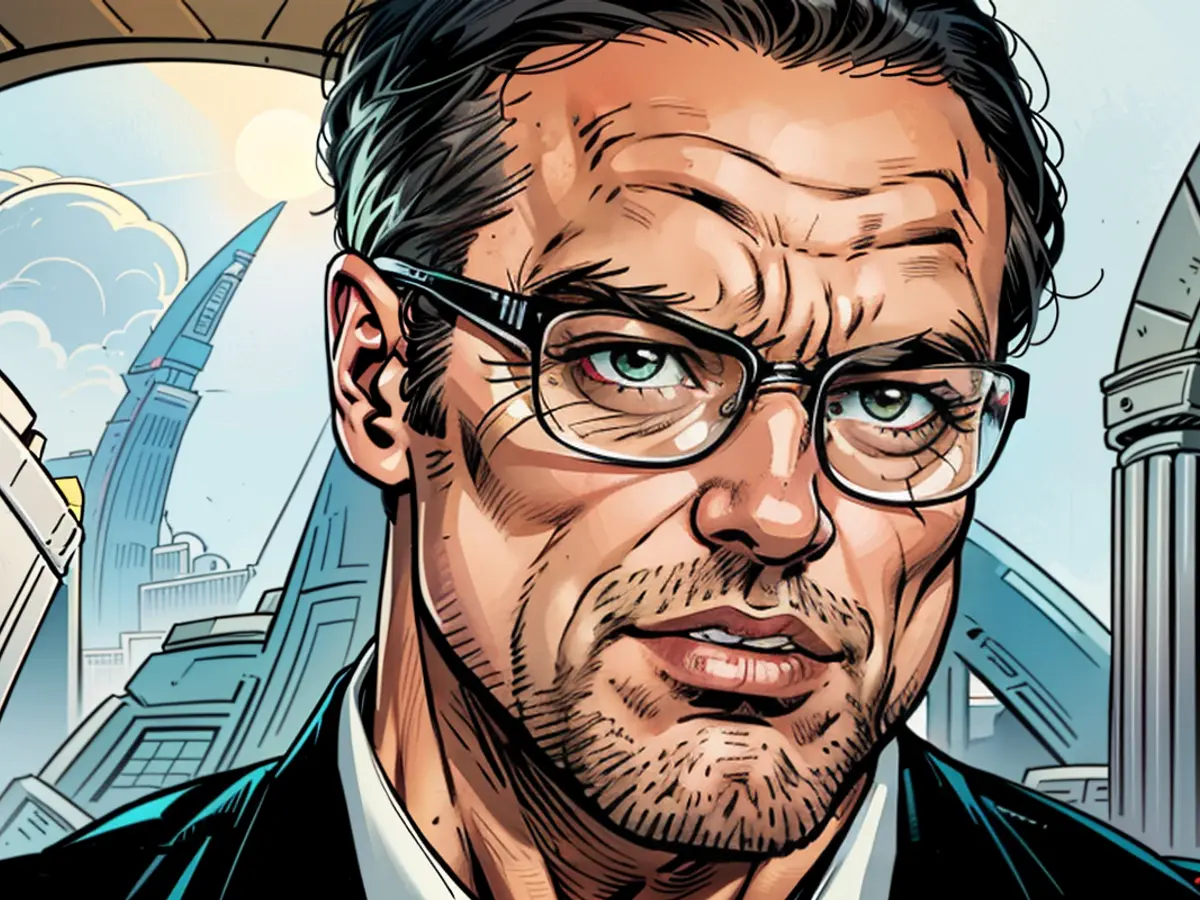Accusation against top candidate - The Thuringian CDU does not see any plagiarism in Voigt's doctoral thesis
The CDU in Thuringia rejects allegations that its party chairman and top candidate for the state election, Mario Voigt, plagiarized in his doctoral thesis. Voigt's promotion was created to the best of his knowledge and conscience, the general secretary, Christian Herrgott, said in response to an inquiry. He also pointed out that a previous review of the dissertation from 2008 on US presidential election campaigns found no indications of violations against the principles of good scientific practice.
Voigt wants to become Minister President
In Thuringia, a new state parliament will be elected on September 1, and Voigt wants to move into the state chancellery as Minister President. With his CDU, the 47-year-old is currently polling at around 21 to 23 percent in younger surveys - behind the AfD, which is at around 30 percent.
Herrgott sees no coincidence in the publication of the allegations against Voigt just before the election: "It does not surprise us at all that such allegations, which have already been refuted in the past, are being raised against Mario Voigt just a few days before the most important election in the history of the Free State of Thuringia. It is obviously about defaming him," he said.
Previously, the Austrian communication scientist Stefan Weber, known as a plagiarism hunter, had informed the TU Chemnitz via email that he had found 46 plagiarisms in Voigt's dissertation. The TU Chemnitz has not yet commented on this.
Plagiarism hunter also takes on commissioned work
Weber explained to dpa that he considers it "not only normal, but even important, that someone screens the life histories and written statements of candidates during an election campaign." According to his statements, he also takes on paid orders. "Then confidentiality applies to the order," he writes in his response. He is even legally obliged to do so - in terms of trade law, he is a detective. However, there are also investigations that are carried out based on an anonymous tip via a form on his website or out of personal interest, he writes.
Criticism of the approach
Herrgott criticized the review of the dissertation. "If it had been about clarification of facts, one would have exclusively alerted the responsible TU Chemnitz and not the media," he explained. It is not about improving science, "because otherwise Mario Voigt would have been given the opportunity for review and statement first."
For his research work, Voigt also worked in the USA for a time. At the private Quadriga University in Berlin, he is a professor of Digital Transformation and Politics. Voigt wrote his doctoral thesis under the Chemnitz political scientist Eckhard Jesse, who is known for his controversial image of the horseshoe for left and right extremism.
After the CDU's leader in Thuringia, Mario Voigt, was accused of plagiarism, his party's general secretary, Christian Herrgott, maintained that the promotions were done in good faith. Despite these allegations, Voigt aims to become Thuringia's Minister President, a position he could attain if his party wins the upcoming Landtag election on September 1.








